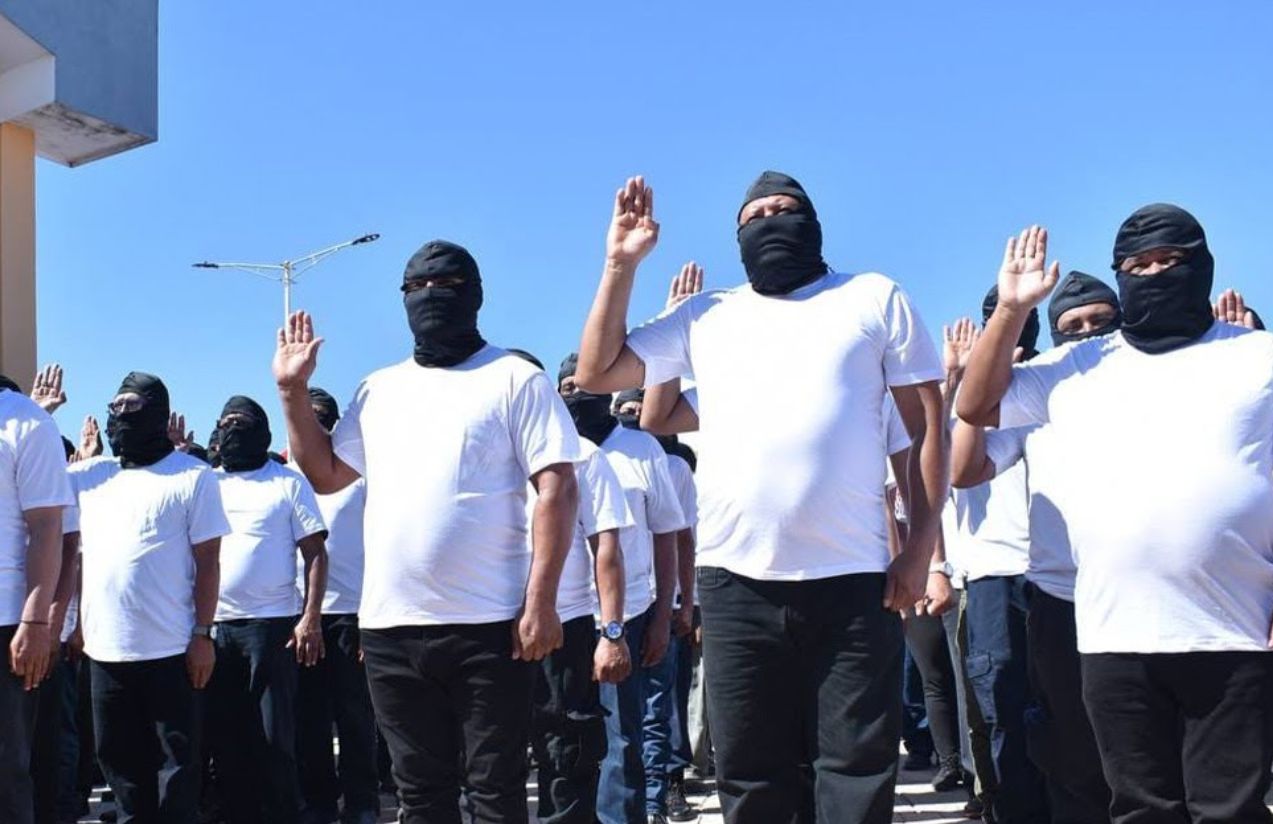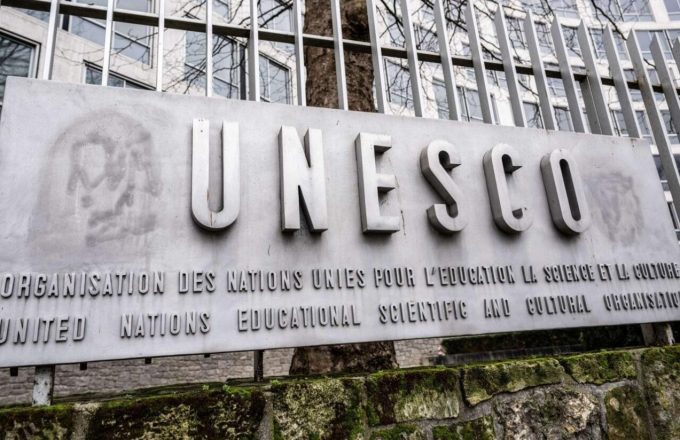The leader of the Nicaraguan regime, Daniel Ortega, and his wife, Rosario Murillo, swore in 30,000 hooded civilians on Wednesday as part of the newly created “volunteer police”, established through a constitutional reform that strengthens the presidential couple’s grip on power. The event took place in Plaza de la Fe, in the capital, Managua, amid growing national and international concerns over the repressive nature of this new force.
The “volunteer police”, dressed in white shirts and black pants, participated in a symbolic ceremony where they pledged to support the country’s security forces. These civilians, recruited from various provinces across Nicaragua, join the more than 50,000 members of the “auxiliary and support corps”. According to the administration, this group aims to assist the National Police in maintaining order and security. However, the opposition views it as a tool to further escalate political repression in the country.
Murillo, who now holds the title of “co-president” due to the recent constitutional reform, referred to the new recruits as “peace guerrillas” and emphasized the importance of this force in the fight for national security. However, human rights organizations, including the UN, have warned that this force bears similarities to the armed hooded groups that took part in the repression of the 2018 protests, which resulted in more than 300 deaths and hundreds of injuries.
In addition to establishing the “volunteer police”, Ortega renewed the mandate of Francisco Díaz, chief of the National Police and the presidential couple’s son-in-law. Díaz, who took office in 2018 amid the protests, will remain in his position for another six years under the terms of the constitutional reform, which also elevated Murillo to the “co-presidency”. In his speech, Ortega stressed the importance of national unity and the need to face “challenges” with determination, while Murillo stated that Nicaragua has the “strength to overcome” any obstacle.
On the international stage, the UN and various human rights organizations have expressed concerns about the authoritarian nature of Ortega’s government, which, since his return to power in 2007, has been accused of undermining democracy and consolidating an increasingly repressive regime. Since 2018, his administration has shut down over 5,000 NGOs and imprisoned hundreds of opposition members, forcing thousands of Nicaraguans into exile. In response, the regime faces sanctions from the United States and the European Union.
In this context, the creation of the “volunteer police” could be seen as yet another step toward the consolidation of an absolute control regime, where repression against any form of opposition—both internal and external—continues to escalate.




















